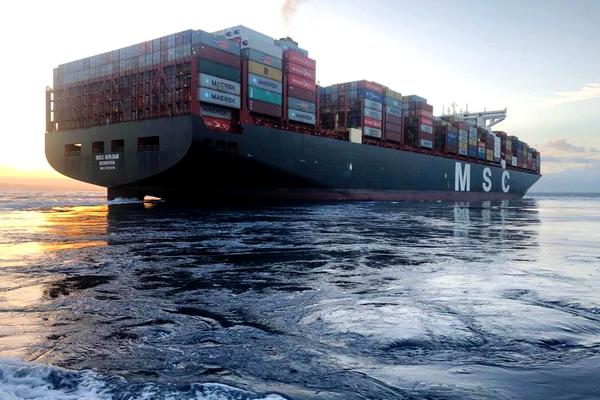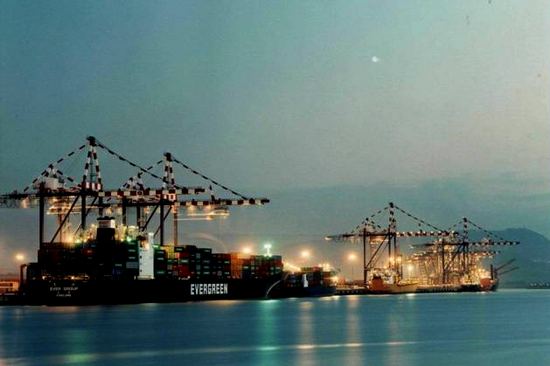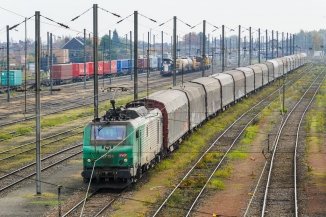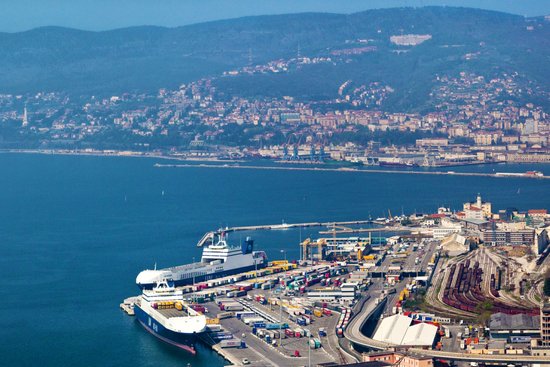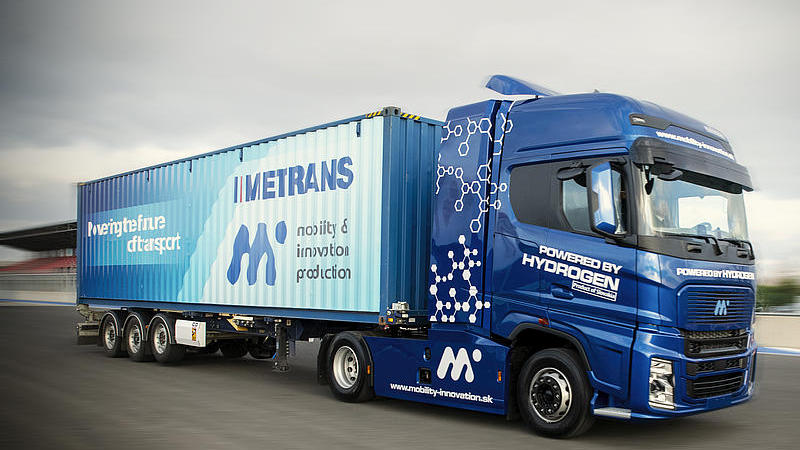The global chemical logistics market, according to TransportIntelligence Insight, is projected to maintain growth through 2028 with an average annual growth rate (CAGR) of 7.2%, reaching an estimated €513.188 billion. However, beneath these figures lies a global restructuring that reflects strategic investments in some regions and crises in others.
The global chemical sector has experienced significant shifts over the past two years, an unusual event for an industry known for its stability. These changes represent a geographic restructuring within the industry and a consequent shift in trade patterns. Notably, the Southeast Asian expansion is significantly impacting logistics services as the region's major economies invest heavily in new chemical production infrastructure to support growing domestic demand and target global export markets.
China, the world's largest market for chemicals, has continued to increase production, with significant ongoing Western investments. For instance, BASF opened two large integrated plants between 2023 and 2024, one in Nanjing and another in Zhanjiang. In 2023, China accounted for 44% of global chemical sales, up from 31% in 2022, with a market value of €178.392 billion. The 2024 market value is projected to reach €191.325 billion, with a five-year CAGR of 5.5%, the highest globally.
In contrast, Europe has faced a crisis primarily due to rising gas prices, with Germany particularly affected due to its heavy reliance on Russian gas, unlike chemical producers in Norway and the United Kingdom. These trends are evident in the numbers: the European market, valued at €80.476 billion in 2021, fell to €72.849 billion by 2023. A slight recovery is expected from 2024 onward, with a five-year CAGR of 1.1% through 2028.
The North American chemical sector saw moderate growth in 2023, reaching €73.181 billion, with an annual growth rate of 0.5% in 2024. This growth was primarily driven by domestic demand in the United States, while export impact has so far been limited.
In the Middle East, chemical industries in Saudi Arabia, the United Arab Emirates, and other small emirates are gaining prominence globally due to access to low-cost energy and gas. Large internationally significant logistics facilities have also been developed. While Middle Eastern chemical production holds considerable potential, it has not yet reached full capacity. Ti Insight forecasts that the chemical logistics market in the Middle East and North Africa will reach €16.576 billion in 2024, with a five-year CAGR of 2.3% from 2023 to 2028.
Julia Swales, author of the report, notes, "The global chemical industry is undergoing a transitional phase, with significant growth in Asia on one side and a recovering Europe following the energy crisis on the other. The coming years will be crucial for understanding how these changes will affect supply chains and global logistics."




